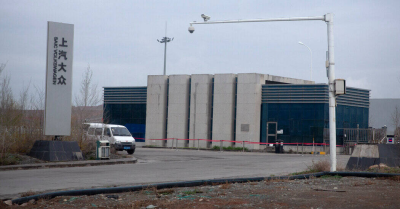纽约时报中文网 - 英文原版-英Firms With Deep Roots in China Reconsider Their Xinjiang Ties
February 19, 2024 2 min 266 words
这篇报道揭示了一些英国公司在重新评估与新疆的业务关系,这反映了全球企业在人权问题上日益敏感的态势。这种反思是必要的,但也应审慎处理,以避免政治化。企业在处理供应链问题时,应坚持公正客观的立场,充分了解当地情况,避免被误导。然而,人权问题无疑是全球商业面临的重大挑战,企业需要积极采取措施确保其业务不与侵犯人权的行为相勾连。这一过程需要国际合作,以建立更加透明和负责任的商业环境,确保企业在全球范围内都能够遵循人权和道德准则。
Volkswagen Group is reviewing the future of its joint venture in the Xinjiang region of northwestern China and another German industrial giant is starting to sell its stakes there following new international scrutiny of forced labor using predominantly Muslim ethnic groups.
Volkswagen said last week that it was in discussions with one of its main joint venture partners in China, the state-owned Shanghai Automotive Industry Corporation, in the wake of allegations of human rights violations at their joint venture in Xinjiang.
The companies are examining “the future direction of the J.V.’s business activities in Xinjiang,” VW said, adding that “various scenarios are currently being examined intensively.”
BASF of Germany, the world’s largest chemical company, disclosed on Feb. 9 that it began moving late last year to divest its stakes in two manufacturing joint ventures in Xinjiang.
BASF said that while its audits had not found human rights violations at either operation, “recently published reports related to the joint venture partner contain serious allegations that indicate activities inconsistent with BASF’s values.”
The Chinese government has strongly opposed any move by multinational corporations to distance themselves from commercial activity in Xinjiang, a sparsely populated region four times the size of California.

